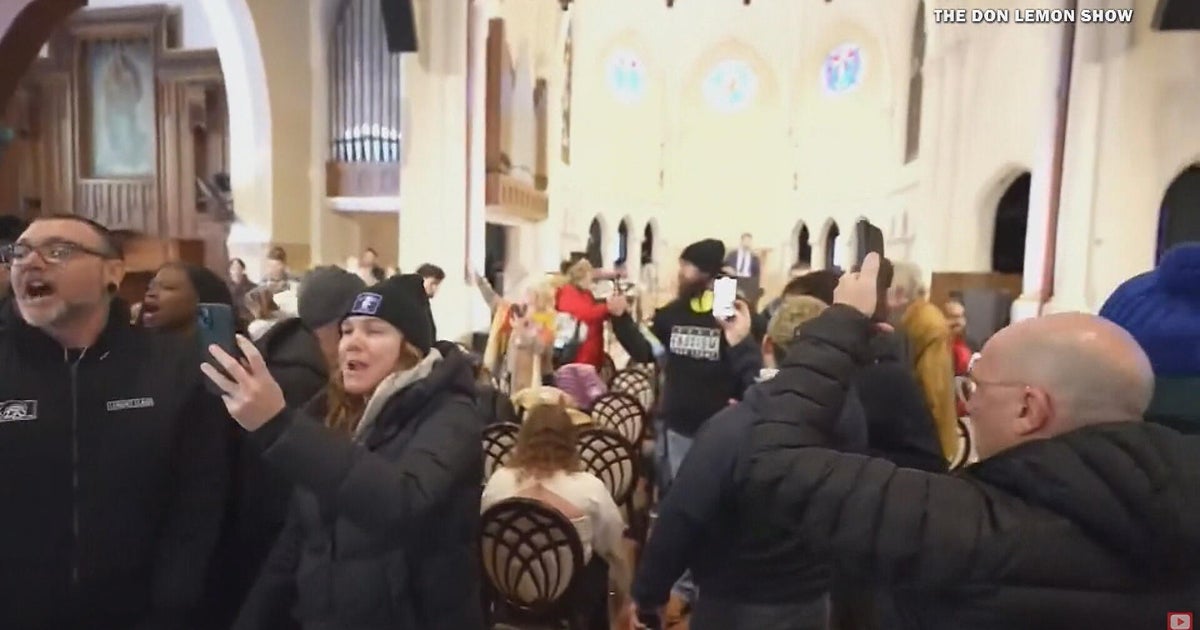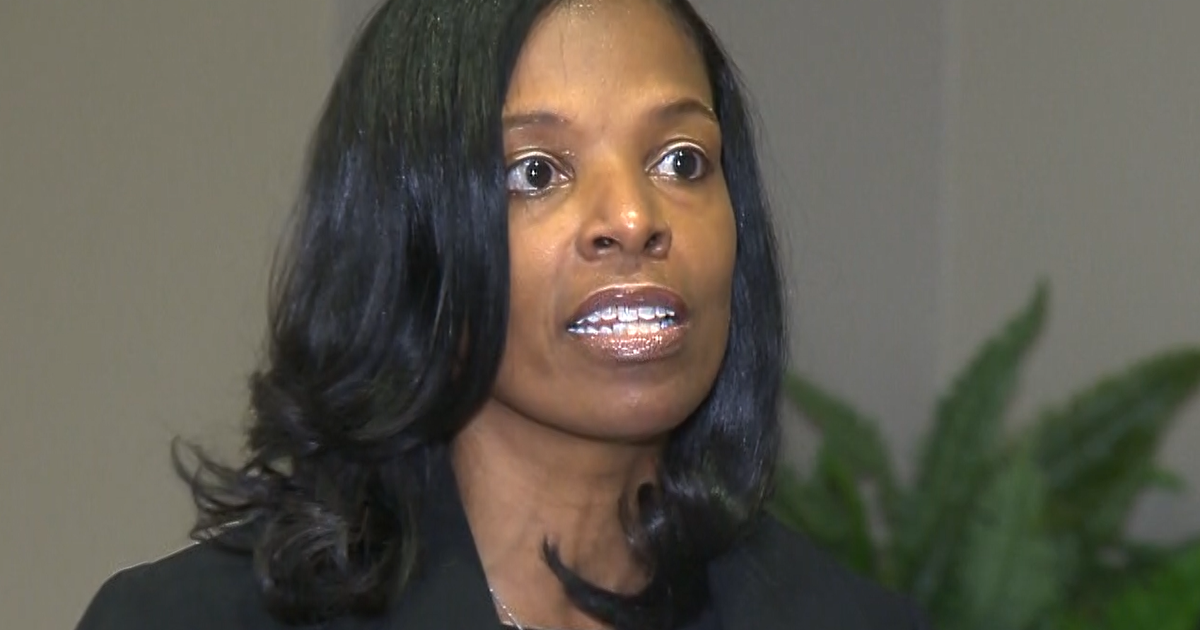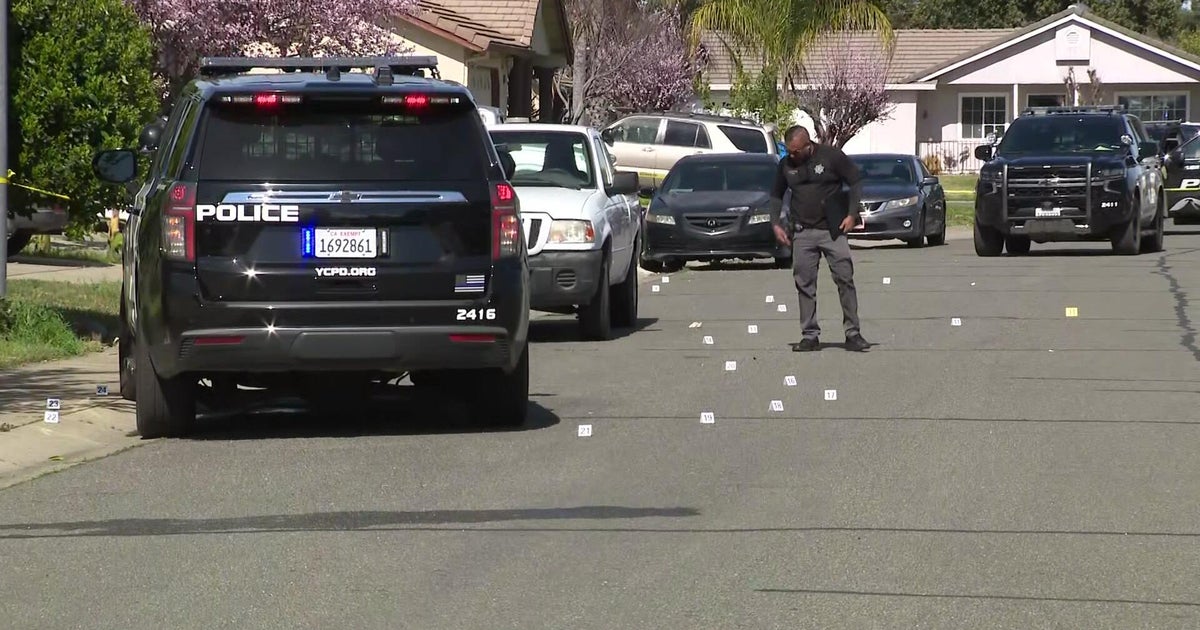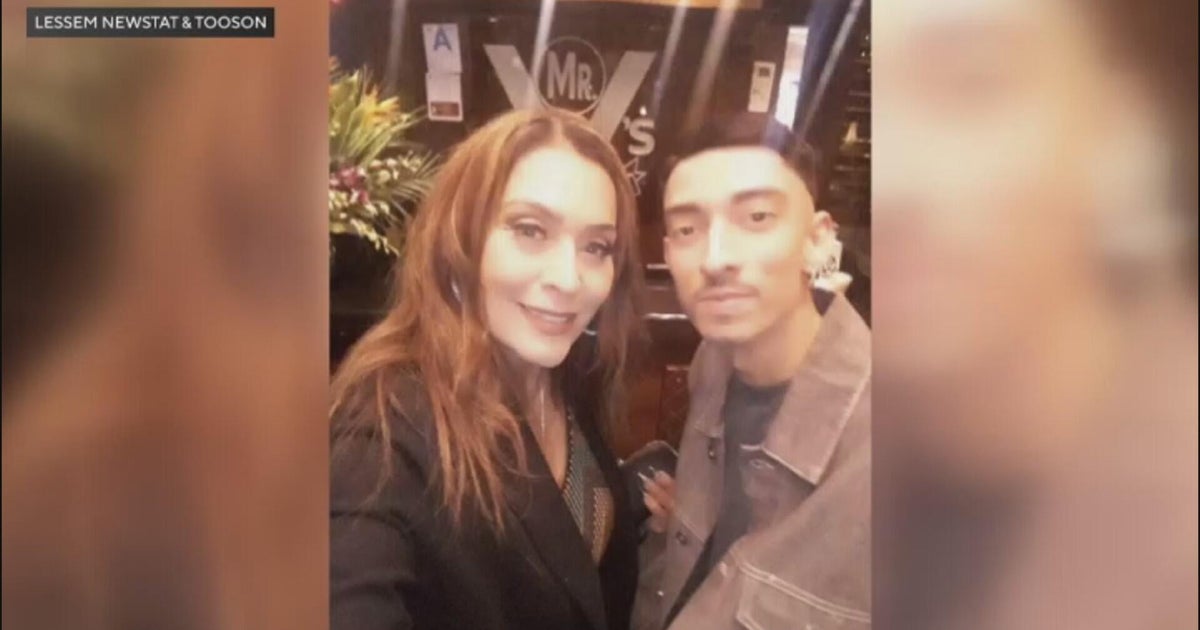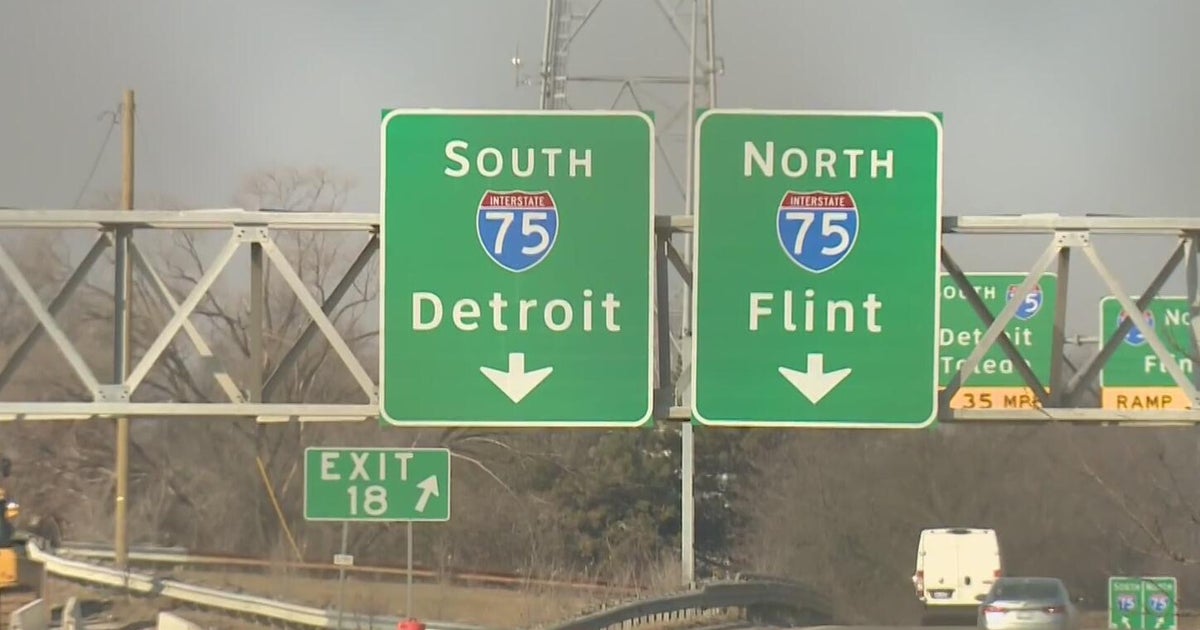Baltimore Police Dept. Commits To Sweeping Policy Changes From DOJ Consent Decree
BALTIMORE (WJZ) -- Sweeping policy changes meant to change the way officers do their jobs will be implemented at the Baltimore Police Department.
The city's five-member Board of Estimates voted unanimously Thursday in favor of a court-enforceable agreement, or consent decree, with the federal government. The 200+-page improvement plan was filed in federal court.
WHAT LED TO THE CONSENT DECREE?
The agreement comes after months of negotiations over how best to repair problems with the department's practices, detailed in a Department of Justice report released in August.
The DOJ started investigating the department following the death of Freddie Gray in police custody in April 2015.
The 163-page report found that officers routinely discriminated against black city residents, repeatedly used excessive force and were not adequately held accountable for misconduct.
It also found that officers make large numbers of stops — mostly in poor, black neighborhoods — with dubious justification and unlawfully arrest citizens for speech deemed disrespectful. Physical force is used unnecessarily, including against the mentally disabled, and black pedestrians and drivers are disproportionately searched during stops, the report says.
The report said some Baltimore officers even asked for sex in exchange for not arresting women. One woman went through a strip search on a public street after being stopped for a broken headlight.
Mayor Catherine Pugh, U.S. Attorney General Loretta Lynch and Baltimore Police Department Commissioner Kevin Davis all spoke at a press conference announcing the agreement Thursday morning.
Lynch reflected on the fact that her first trip as Attorney General was to Baltimore in the weeks following Gray's April 2015 death.
"Twenty one months ago, I took the oath of office as Attorney General of the United States, and it was the same day that Mr. Freddie Gray was funeralized here in Baltimore," she said. "And that was a difficult day for this city. It was a difficult day for all of us who focus on these important issues of police and community relations. And certainly it was a difficult day for people who knew him and his family."
In her discussions with residents and city officials then, Lynch says everyone expressed their love for the city, and "everyone was so concerned about what they saw developing, about the mistrust that they saw, and in many instances had experienced, between law enforcement and the community that they serve, and they couldn't abide that breakdown and they wanted to make things better. They were committed even then... to working on this. And everyone was looking for the best way to make it happen."
Shortly after Lynch's initial trip, the DOJ launched the investigation into the BPD.
"That investigation allowed us to stay here in this great city and to hear the pain, the anger and the frustration of so many community members. It allowed us to remain in touch with this great police department and talk to local police officers about where they felt their training was falling short, wasn't equipping them to handle the challenges of 21st century policing... and the investigation allowed us to identify specific areas where the Baltimore Police Department systems prevented it from lawfully and effectively serving the community that it is sworn to protect."
DETAILS OF THE DECREE
(Read the full decree by clicking here)
"The agreement recognizes that the city's Baltimore Police Department has begun some critical reforms," Mayor Pugh said at the conference announcing the details of the decree Thursday. "However, there is much more to be done."
Before she spoke, Lynch thanked Mayor Pugh and Commissioner Davis for the work they have done to make the agreement a reality.
"The cooperation and dedication and commitment to reform that we've received from you, the police department and your team has been outstanding and has resulted in an agreement that will work to the benefit of everyone who lives and loves this great city."
Under the consent decree, the city of Baltimore and BPD will implement comprehensive reforms that will ensure that:
- Baltimore establishes a Community Oversight Task Force to recommend reforms to the current system of civilian oversight.
- BPD adopts a policing approach that is community-oriented and based on problem solving principles.
- Officers' voluntary interactions are professional and courteous, and officers conduct all investigatory stops, searches and arrests in a manner that protects people's rights.
- BPD provides equal protection of the law for all individuals, including providing impartial policing services.
- Officers use appropriate de-escalation techniques and attempt to resolve incidents without force when possible; use force in a manner that is proportional to the threat presented; and BPD's use of force policies, training and review systems provide sufficient guidance, skills and accountability.
- BPD transports detainees in a manner that keeps them safe.
- Officers respect the First Amendment rights of all persons.
- BPD investigates sexual assault thoroughly and without gender bias.
- Baltimore conducts an assessment to minimize youth involvement with the juvenile and criminal justice systems, as appropriate, and that officers approach interactions with youth in a manner appropriate to their age.
- Baltimore conducts an analysis of gaps in the city's mental health system in consultation with a committee of behavioral health experts and service providers, and BPD instructs and dispatches officers who are properly trained in interacting with people in crisis or with behavioral health disabilities when a police response is appropriate.
- Allegations of employee misconduct are fully, fairly and efficiently investigated; that all investigative findings are supported by the appropriate standard of proof and documented in writing; and that all officers who commit misconduct are held accountable pursuant to a disciplinary system that is fair, consistent and provides due process.
- Officers receive necessary equipment, policy guidance, training and support to do their jobs safely and effectively, and BPD performs a staffing study to ensure a sufficient number of officers and supervisors.
BALTIMORE POLICE DEPARTMENT REACTION
When Commissioner Kevin Davis spoke at the press conference announcing the decree, he thanked both the head of the Civil Rights Division of the Department of Justice, Vanita Gupta, and her team, and the members of his department.
"We opened our doors, anything they wanted, any document, any interview, any case file, any policy, any conversation they wanted to have. I'm really proud to say that the men and women of the Baltimore Police Department stood up, from the rank and file on up, and had those courageous conversations with the Department of Justice," he said.
He said he expects the men and women who make up the department to "benefit tremendously" from the decree.
"I have no doubt that when we eventually emerge from this consent decree, we will be better crime fighters, and we will have greater, more respectful, trustful relationships with our community."
While he agreed with Pugh that many concerns have already been addressed over the last year-and-a-half, "the consent decree gives us a path forward, a road map to the future so no matter who is standing in particular positions, things can continue to get accomplished. So it's no longer a singular person who is pushing reform. So whether it's Congressman Elijah Cummings, whether it's City Council President Jack Young or chair of our public safety committee Brandon Scott or our own State's Attorney Marilyn Mosby or myself or the mayor, when all of us eventually move on down the road this process will still stand like a mountain to finally and fundamentally address some of the shortcomings that have existed in Baltimore for a really long, long time."
The agreement is intended to remain in effect under the next presidential administration, but advocates expressed concerns at Alabama Sen. Jeff Sessions' confirmation hearing Wednesday that he won't pursue allegations of police misconduct with the same vigor.
Davis continued to say his hope is that "a year or so from now, for the remainder of the 18,000 police departments in America, when they look at Baltimore, they look at us as a place to go to figure out how we turn things around."
The Baltimore City Fraternal Order of Police was critical of the decree, releasing a statement following the morning press conference.
"Despite continued assurances by representatives of the Department of Justice that our organization would be included in the Consent Decree negotiations, no request to participate was ever forthcoming and we were not involved in the process. As we were not afforded an advance copy of the agreement, neither our rank and file members who will be the most affected, nor our Attorneys, have had a chance to read the final product and, as such, we will not have a comment now. Be assured, however, that a response will be forthcoming at the appropriate time."
REACTION FROM STATE'S ATTORNEY MARILYN MOSBY, GRAY FAMILY
Baltimore City State's Attorney also released a statement on the decree Thursday.
"This is a good day for Baltimore City, as this consent decree is a step in the right direction toward the necessary reforms to ensure accountability, transparency, and trust among our communities and law enforcement," she wrote. "The vast majority of Baltimore City Police officers are good officers that risk their lives serving the citizens of this city each and every day and I'm encouraged by today's comprehensive plan toward assuring best policing practices for a healthy community-law-enforcement relationship going forward. I would like to thank Attorney General Loretta Lynch and the Department of Justice for their efforts on this contract with the City, and look forward to working with Mayor Pugh, Commissioner Davis and member of the community to ensure its compliance. We need each other to make our communities safe and I am a committed partner in this fight."
Gray's family attorney, Billy Murphy, praised the changes.
"When this is done, we believe that there will be true reform in this city," Murphy said.
Follow @CBSBaltimore on Twitter and like WJZ-TV | CBS Baltimore on Facebook
